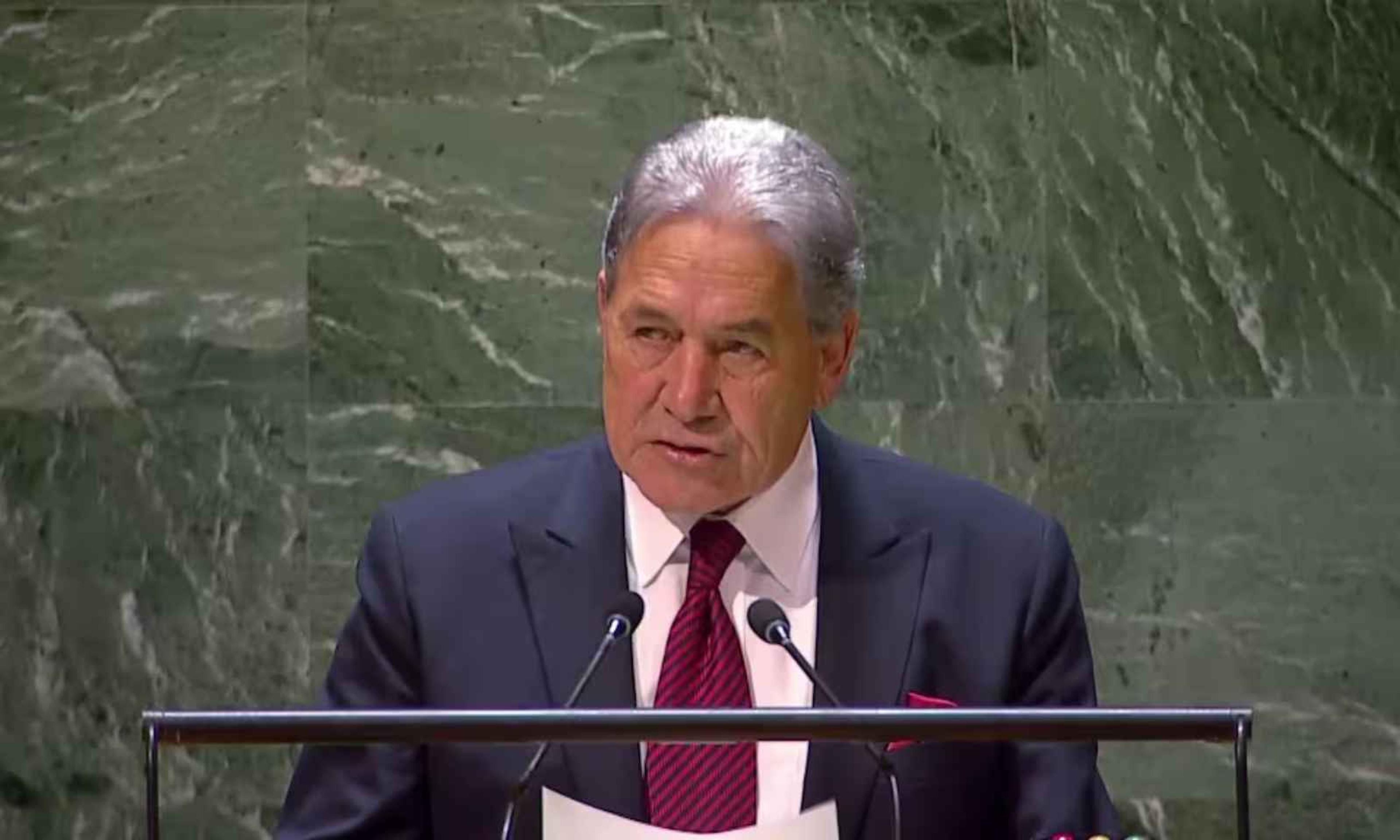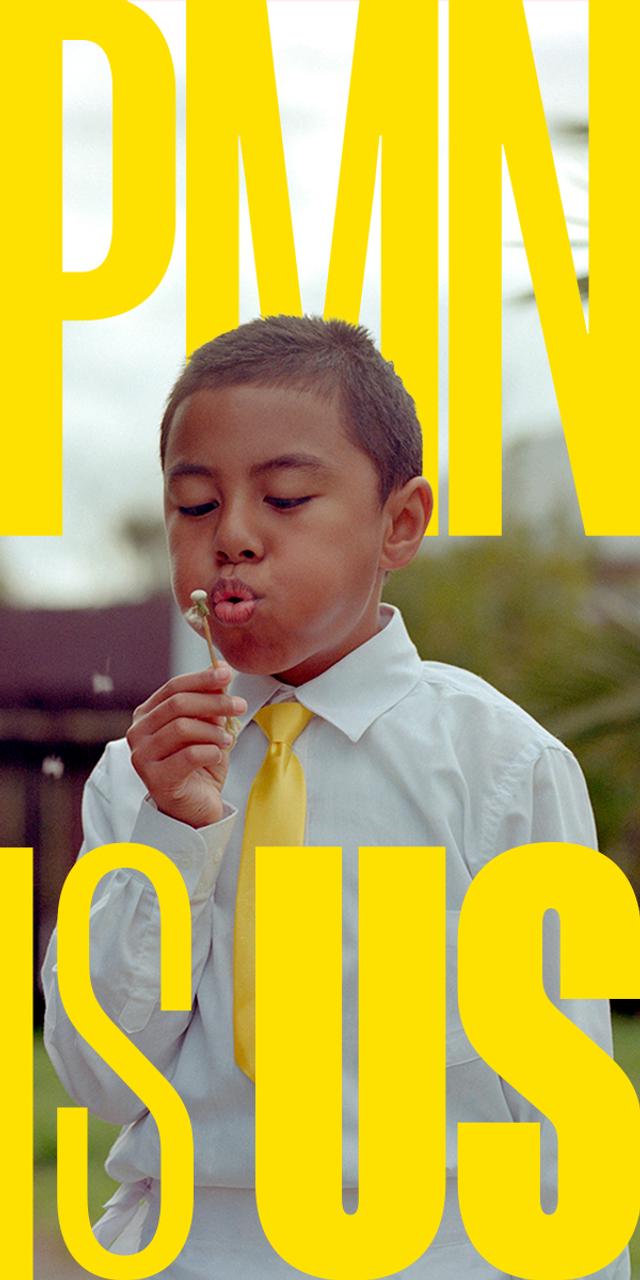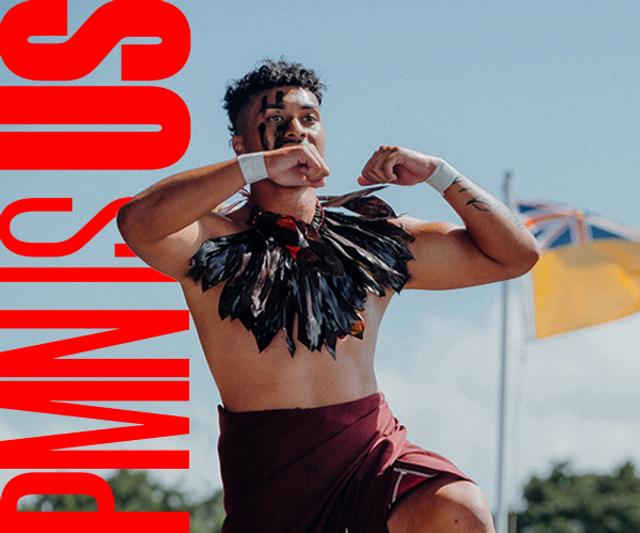

Foreign Affairs Minister Winston Peters has acknowledged China as a “vital economic partner” but says he's concerned at Beijing's growing influence in the Pacific. Photo/supplied
Photo/supplied
'Seriously concerned': NZ warns against increased China interest in the Pacific
Foreign Minister Winston Peters says the coalition government does not want to see developments that ‘destabilise’ the region’s security.
China has a long-standing presence in the Pacific, but the coalition government says it is “seriously concerned” by Beijing’s increased engagement in the region.
Foreign Minister Winston Peters said New Zealand did not want to see any developments that would “destabilise” the Pacific.
Addressing the New Zealand-China Council in Wellington on Friday, he said China’s continued interest in the region’s security sectors could undermine the institutions and arrangements that were already in place and working for the Pacific island nations.
Watch political analyst Professor Anne-Marie Brady from the University of Canterbury talk about the role China plays in the war between Ukraine and Russia and its relationship in the Pacific.
“China has a long-standing presence in the Pacific, but we are seriously concerned by increased engagement in Pacific security sectors,” Peters said.
“We do not want to see developments that destabilise the institutions and arrangements that have long underpinned our region’s security.”
Instead, New Zealand wants the Chinese government to play a constructive role in de-escalating tensions in both the Ukraine and Gaza conflicts.
Aotearoa also wants to improve its relations with its key partners Australia, the United States, and the United Kingdom amid concerns about Beijing’s growing ambitions in the Pacific.
But some experts said that in criticising China, the coalition government could run the risk of antagonising its major trading partner.
In early 2021, China signed a security agreement with the Solomon Islands which would allow the Pacific island nation to call on Beijing at any time for assistance.
The move has left Aotearoa, Australia and the US concerned.
The Solomons Parliament elected its prime minister on Thursday with Jeremiah Manele, of Isabel Island, defeating Matthew Wale in a 31-18 vote.
Manele succeeds Manasseh Sogavare, who severed ties with Taiwan for China after his election victory in 2019. The new PM also served as foreign minister in Sogavare’s government.

Solomon Islands new Prime Minister Jeremiah Manele is expected to maintain ties with China. Photo/supplied
Manele is also expected to maintain close relations with China, and the experts are waiting to see whether he will take a less confrontational approach to the US and its allies than his predecessor.
Head of Pacific Studies at the University of Hawai’i, Tarcisius Kabutaulaka, said all countries set their foreign policies based on their interests, not on the interests of others.
“It's in the interest of Solomon Islands to maintain relationships with important development partners, and that includes China,” he said. “That includes the US and of course, Australia and New Zealand are close neighbors and therefore always important.
“I anticipate that Manele will maintain that relationship with China, and whether Australia or New Zealand or the US is not happy is a completely different story. But what I anticipate will be different is the approach, the nature of his diplomacy will be quite different from that of Manasseh Sogavare, who was really aggressive.
“Manele is a former diplomat and worked in the Ministry of Foreign Affairs for a very long time. So I think that his approach to diplomacy will be quite different from Sogavare. It doesn't mean a policy change, but I think there's a change in the nature of approach to diplomacy,” Kabutaulaka said.
New Zealand is exploring joining the non-nuclear phase (pillar two) of the security pact between Australia, the US, and the UK (Aukus).
Aotearoa is also working on a new partnership with the North Atlantic Treaty Organisation (NATO).
During his address to the NZ-China Council, Peters acknowledged Beijing’s “vital economic partner” and the return of Chinese tourists and students to New Zealand.
Watch Winston Peters' meeting with US Secretary of State Antony Blinken in Washington in April.The
But he said New Zealand would continue to share its concerns with China.
“Sometimes we do this in private, but there are also times when we communicate openly with the public and the international community about our concerns.
“This is an important part of our commitment to speaking openly and transparently about the foreign policy issues and challenges that affect New Zealanders.”
He said human rights was one such issue including cyberattacks and interference efforts intended to influence, disrupt, or subvert New Zealand’s national interests.
“These are deeply concerning and completely unacceptable. We remain vigilant to all such threats.”
He said New Zealand was also concerned at China’s actions across the Taiwan Strait, adding that stability was tested in the South China Sea amid growing tensions and hardening rhetoric in the region.
“With great power comes great responsibility, so we think that China has a responsibility to play a constructive role in addressing international security challenges, encourage de-escalation, and ease tensions, such as in ongoing conflicts between Russia and Ukraine, and Israel and Hamas.
“Now, we believe, is a time where China leadership and diplomacy would materially help to ease global tensions.”
Peters said New Zealand would continue to align and work with partners to advance Aotearoa’s common interests.
But he said New Zealand would remain steadfast in its independent assessment of its national interests.




